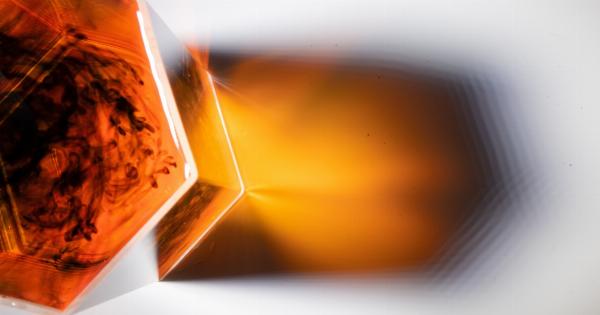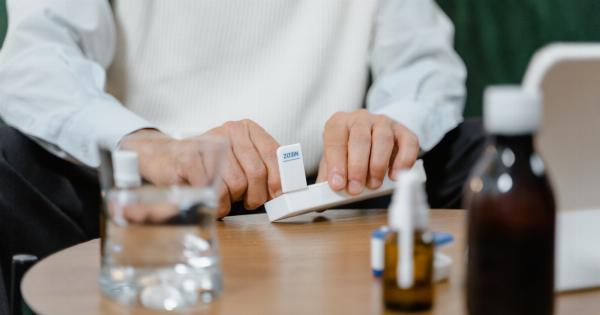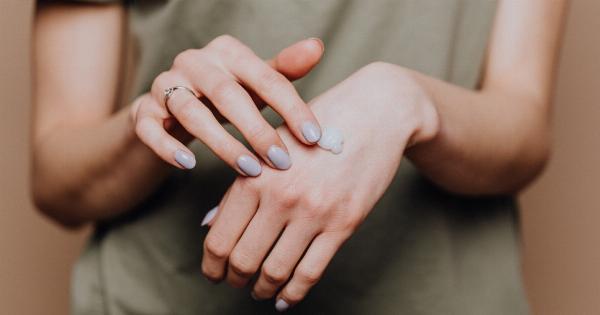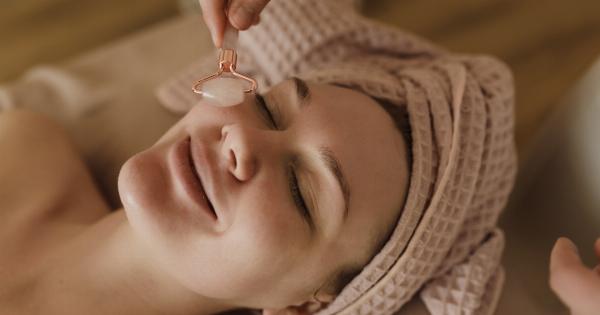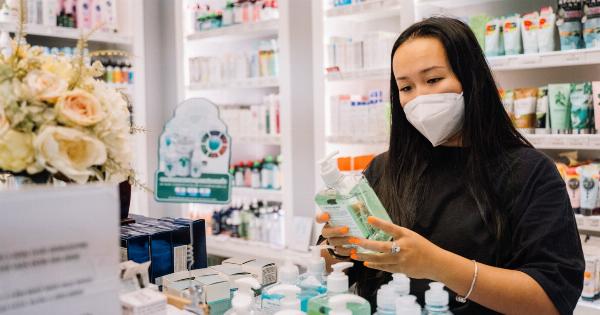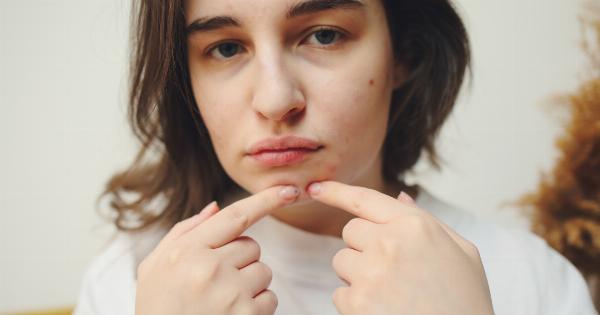Black spots, also known as hyperpigmentation, are a common skin concern for many individuals. These dark patches on the skin can be caused by various factors such as sun damage, acne scars, hormonal changes, or other skin conditions.
Black spots can appear on any part of the body but are most commonly found on the face, hands, and arms. Individuals with black spots often seek solutions to reduce their appearance and achieve a more even skin tone.
Dermatologists, experts in skin health, recommend two optimal solutions for black spot reduction: topical treatments and professional procedures.
Topical Treatments
Topical treatments for black spot reduction are widely available over-the-counter or by prescription. These treatments typically contain ingredients that target hyperpigmentation and help fade black spots over time.
The following are two commonly recommended topical treatments for black spot reduction:.
1. Hydroquinone
Hydroquinone is a common ingredient found in many skincare products that are specifically formulated for the treatment of hyperpigmentation. It works by inhibiting the activity of tyrosinase, an enzyme involved in the production of melanin.
Melanin is responsible for giving color to the skin, hair, and eyes. By reducing melanin production, hydroquinone helps to fade black spots and even out the skin tone. Hydroquinone-based creams or gels are usually applied directly on the affected areas of the skin.
It is important to note that hydroquinone should be used under the guidance of a dermatologist, as excessive or prolonged use can lead to skin irritation or other side effects.
Additionally, hydroquinone may not be suitable for individuals with sensitive skin or certain medical conditions. Therefore, it is crucial to consult a dermatologist before incorporating hydroquinone into your skincare routine.
2. Retinoids
Retinoids, a derivative of vitamin A, are another effective topical treatment for black spot reduction. They work by accelerating cell turnover, promoting the growth of new, healthy skin cells.
This process helps fade black spots and improve the overall texture and appearance of the skin. Retinoids also have antioxidant properties that protect the skin from further damage.
Retinoids are available in various forms, including creams, gels, and serums. It is recommended to start with a lower concentration and gradually increase it to minimize potential skin irritation.
As with hydroquinone, it is best to consult a dermatologist before introducing retinoids into your skincare routine to ensure proper usage and minimize potential side effects.
Professional Procedures
For individuals seeking faster and more dramatic results, dermatologists may recommend professional procedures specifically designed for black spot reduction.
These procedures are usually performed in a clinical setting and require the expertise of a trained professional. The following are two popular professional procedures for black spot reduction:.
1. Chemical Peels
Chemical peels involve the application of a chemical solution to the skin, which exfoliates the top layer, revealing fresh, healthier skin underneath.
Chemical peels can effectively reduce the appearance of black spots by removing the pigmented cells from the surface of the skin. Depending on the severity of the black spots, different types of chemical peels may be recommended, ranging from superficial to deep peels.
Superficial peels have a milder effect, while deep peels penetrate deeper into the skin and may require a longer recovery period.
It is crucial to consult a dermatologist before undergoing a chemical peel to determine the most suitable peel for your skin type and desired results.
Additionally, proper post-care is essential to ensure optimal healing and minimize the risk of complications.
2. Laser Therapy
Laser therapy is a non-invasive procedure that uses focused laser beams to target and break down the pigmented cells responsible for black spots. The laser light selectively destroys the melanin, which is then gradually absorbed by the body.
Laser therapy can be customized to meet individual needs, targeting specific areas or covering larger areas of the body. Multiple sessions may be required to achieve desired results.
Laser therapy is generally safe and effective, but it is essential to have the procedure performed by a skilled and experienced dermatologist or licensed laser technician.
They will assess your skin type, customize the treatment parameters, and ensure your safety throughout the procedure.
Conclusion
Black spot reduction is a common skincare concern, and dermatologists recommend two optimal solutions: topical treatments and professional procedures.
Topical treatments such as hydroquinone and retinoids can fade black spots over time by inhibiting melanin production and promoting cell turnover. Professional procedures such as chemical peels and laser therapy offer faster and more dramatic results by removing pigmented cells and stimulating skin rejuvenation.
It is important to consult a dermatologist to determine the most suitable solution for your unique skin type and needs.

